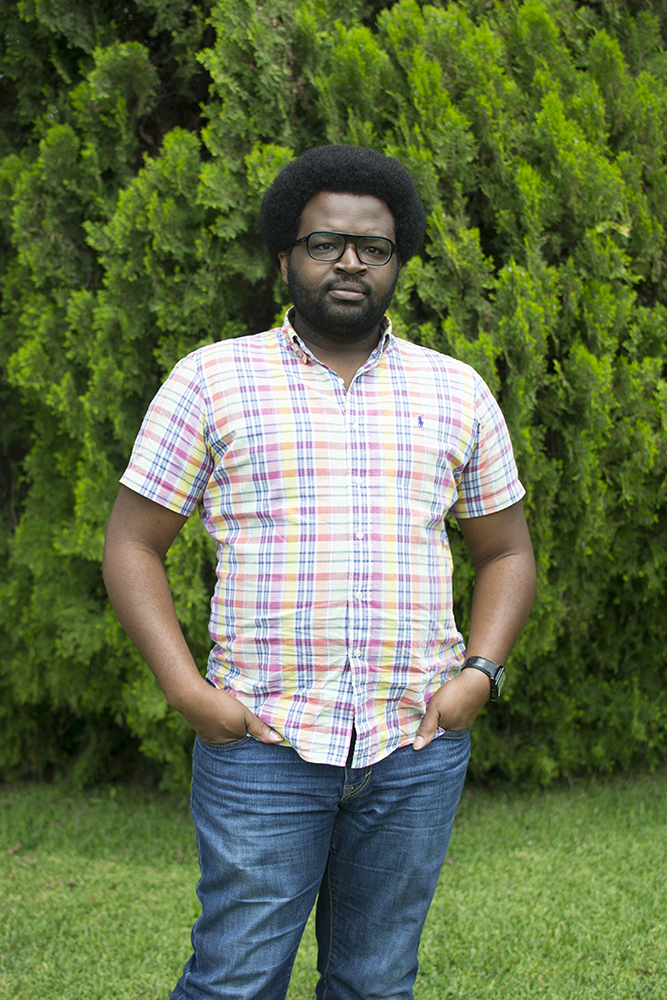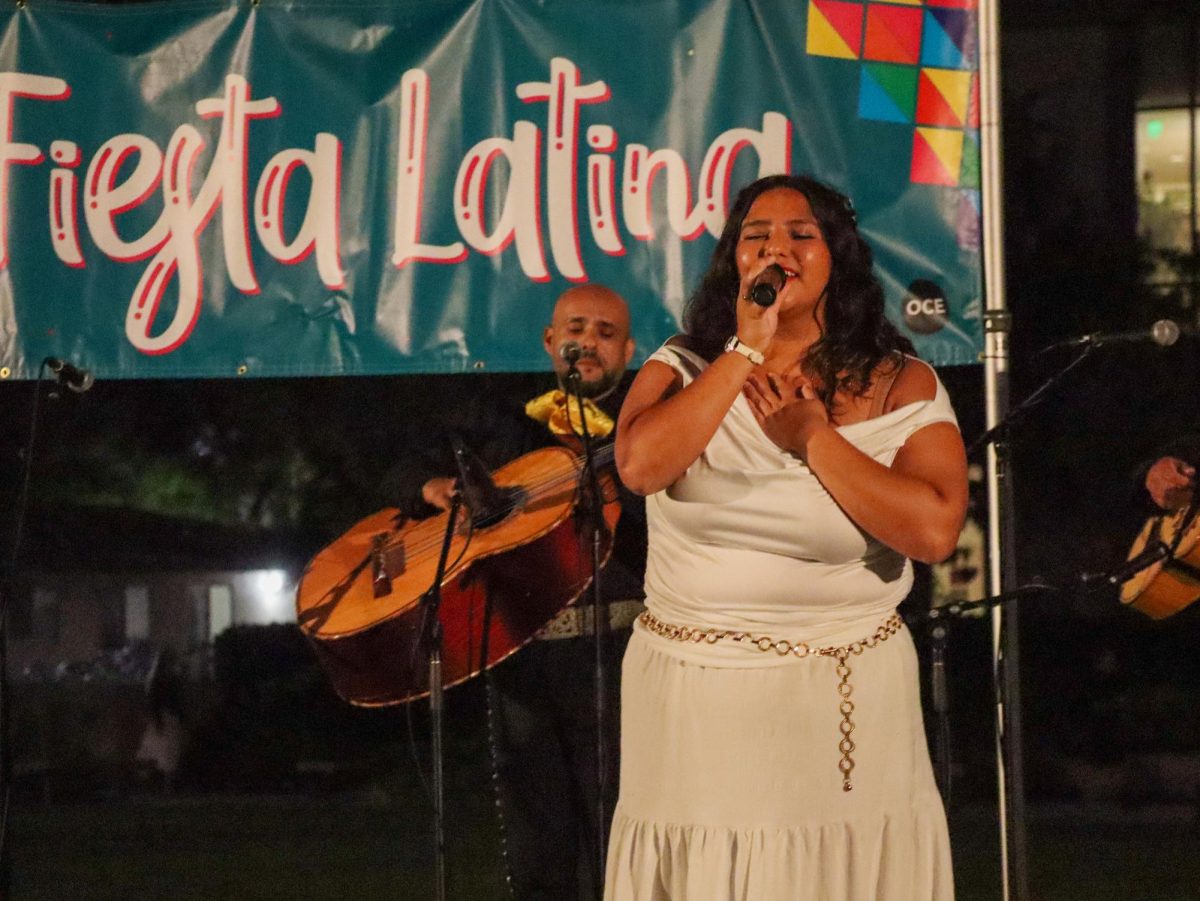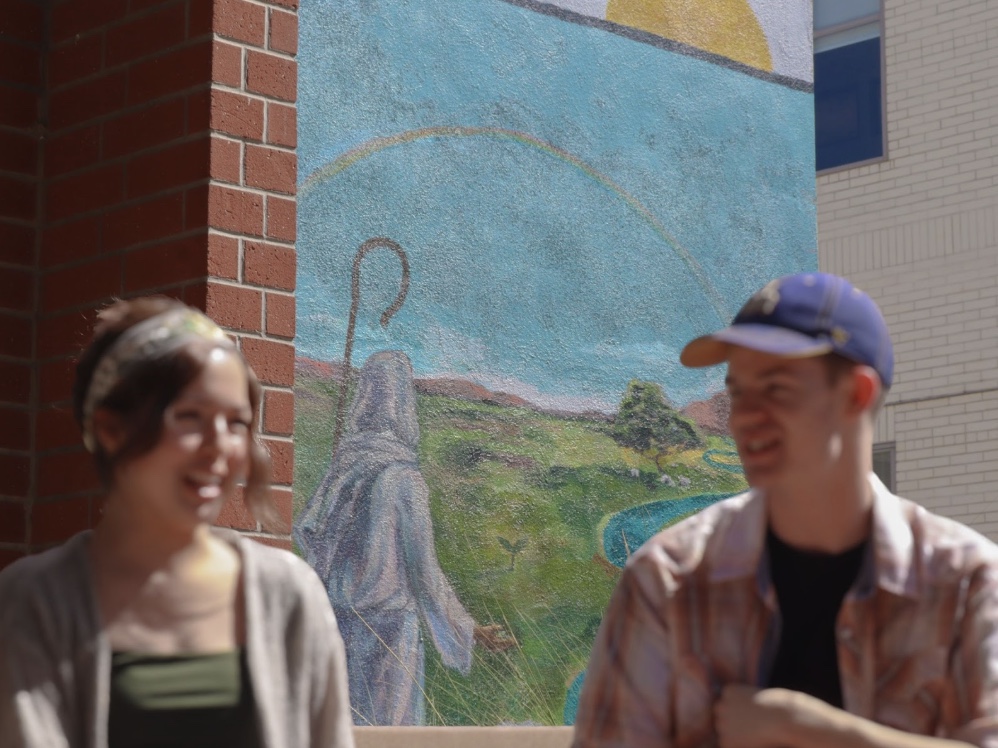Biola students and faculty express concern for their native country, Nigeria, after 293 women and girls were rescued from Boko Haram by the Nigerian military on April 28.
The Spark
When the 200 schoolgirls were kidnapped from a school in Chibok in April 2014, it sparked the #bringbackourgirls hashtag on social media such as Twitter and Instagram. The women and girls rescued were not the girls from the school in Chibok, according to the Nigerian military.
Over 2,000 girls have been kidnapped by Boko Haram since 2014, according to Amnesty International. Additionally, over 13,000 people have been killed due to militarized attacks from Boko Haram since 2009, according to an article by Africa Check.
The Effect on Biola
Students and faculty at Biola understand the difficulties the people of Nigeria face because of Boko Haram’s terrorism. Bulus Galadima, dean of Cook School of Intercultural Studies, is from Northern Nigeria and knows Nigerians affected by the attacks of Boko Haram and other military groups.
“The release of these ladies and women is actually a big relief to many families. And my heart breaks over the experience of those who have wives or children or daughters kidnapped. I mean, I can only imagine the horrors that they have gone through,” Galadima said.
Boko Haram’s attacks are known worldwide and Galadima knows how far Boko Haram’s influence has reached.
“Even though we are far from the area Boko Haram is very active, the effects are reaching way beyond that. We know people, we know things and my denomination in Nigeria has churches in all of these areas and many of the churches have been burnt down and pastors have been killed in those crises,” Galadima said.
Junior political science major David Rogers is from southwest Nigeria and though he does not personally know anyone who was affected by the attacks, he does feel sympathy for the people in the North.
“For the most part, [the North] treat themselves — it’s kind of isolated and so we [the South] don’t really relate to them. While they are in our same nation and country, we almost treat them as if they’re not. So when we heard about that, it was very, very painful, but it didn’t quite hit home as if they had did that in Lagos or Ondo,” Rogers said.
Rogers believes the Nigerian government has handled the attacks from Boko Haram poorly. He feels the government is unorganized, corrupt and inconsiderate.
“The Nigerian government is not organized in almost every sense of the word. Corruption is rampant and with the ideology of corruption comes carelessness and inconsideration. As of the time Boko Haram came to prominence, the president at the time was Goodluck Jonathan. The previous president, he had the means to either stop, suppress or ask for help and he didn’t do those things,” Rogers said.
How to Respond
To help those affected by the attack of Boko Haram, Galadima believes Christians should pray for not just the Christians in the area, but also the victims and the members of Boko Haram themselves.
“I think that it’s good for all of us as Christians to always be in prayer and to keep our hearts and minds tender that any time you hear anything like that, you immediately begin to pray,” Galadima said.







